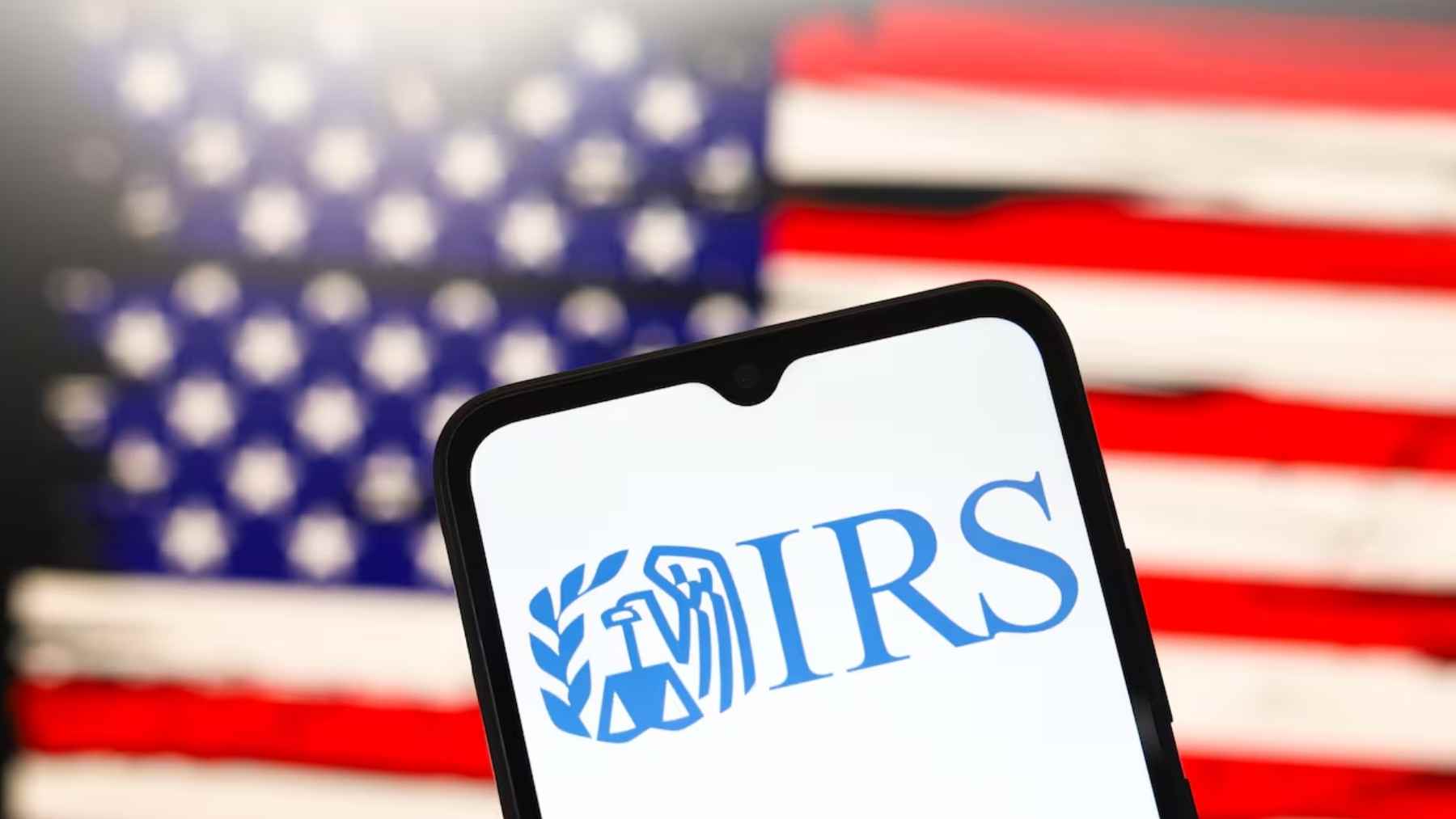A new data leak that includes millions of Americans’ Social Security Numbers has become known recently, causing a stir in the cybersecurity world and posing risks of identity theft and fraud. The attack targeted National Public Data (NPD), a Florida-based background check company.
It exposed sensitive details of as many as 272 million individuals, such as full names, addresses, dates of birth, and SSNs. Recent incidents show that data protection is still a crucial issue and that there is a significant demand for exceptional protection for the customer’s information in the continuously expanding digital world.
Revealed: hackers behind April’s attack sell stolen data for millions of dollars on black markets
Data leakage was disclosed after hackers with the moniker USDoD reported having stolen a vast amount of the company’s clients’ personal information in April of 2024. First, they put the stolen data up for sale on a hacker forum for $3.5 million. However, in August, one of the group members reportedly put most of this information for sale on a famous online black market for stolen information.
The breached database is stated to contain approximately 2.7 billion records, and a single record can include a person’s full name, address, date of birth, social security number, phone number, and any other names and birth dates the subject may have.
Why this major data breach could lead to identity theft and other criminal activities
The magnitude and type of this violation present dangers to the individuals involved. As per data security experts, data that can be stolen in this system can be used for identity theft, hacking into accounts, and other unlawful activities.
The comprehensiveness of the material is the main threat as the service qualifies it as facilitating unauthorized account creation, password resets, or access to accounts associated with banking, investments, and insurance. Moreover, criminals could use the information collected with the information from previous cyber attacks to create even more accurate profiles of targets, leading to increased levels of advanced scams and fraudulent schemes.
Essential steps you must take now to protect yourself after the data breach
Given this breach, people are advised to act quickly to defend themselves, as cybersecurity gurus suggest. The most crucial step is to freeze credit files with the three major credit bureaus: Equifax, Experian, and TransUnion. This process does not cost money and protects people from criminals who use their details to open other credit card/checking accounts.
People should subscribe to checking accounts and activities on the Dark Web for stolen identity. Strong and unique passwords for each service and the integration of two-factor authentication make the account less vulnerable to attacks. It is also essential to be able to identify some common forms of abuse, especially during election seasons when there is high activity of fraudulent cases.
Why this shocking data leak is a wake-up call for better personal data protection in a digital world
Therefore, the National Public Data breach is a helpful reminder of the dangers of personal data in the modern world. The short-term effects may not mean a disaster for each person, but the further implications of a similar leak of such a large amount of information can be dangerous.
This incident highlights the importance of enhanced legal obligations for data privacy and security safeguards among businesses and organizations that process individuals’ personal information. For the individual, it brings to light the opportunity to take the necessary measures to protect personal information, including checking their credit scores, enhancing their cybersecurity habits, and gaining more knowledge about threats.
Due to the sky-high frequency of data breaches, promoting cybersecurity and an immediate response to threats to personal information are critical in the present and future environment. All in all, this breach is scary. Still, it also offers a perfect chance for everyone and anyone to rethink and improve the ways they approach the matter of data protection in a world that is becoming more connected with each passing day.











